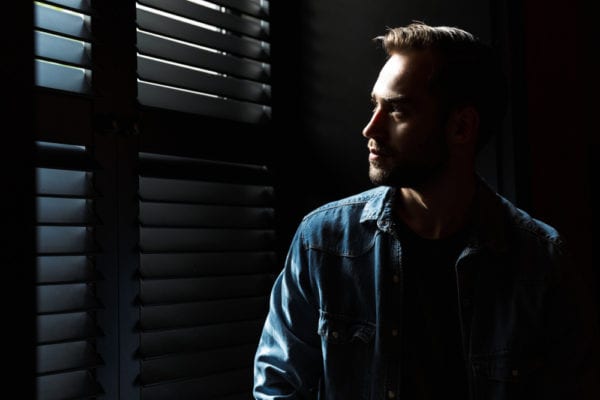A man in the shadows: Light and darkness in Concerto
A man in the shadows: Light and darkness in Concerto
A man in the shadows: Light and darkness in Concerto
-
Hannah
-
Hannah

The man with the magic hands soon had his audience captivated and Catriona felt as if she were floating, once more lulled into a distant world by the rhythmic melody … The huge auditorium was hushed and still as the plaintive melody drew to its final crescendo. At the staggering last cadence, the notes hanging in the air for mere seconds, Catriona felt as if every bone in her body had turned into water. Amid thunderous applause, Umberto leapt from his chair and went to the front of the stage. He smiled … that incredible smile … ‘Merci … grazie … thank you,’ he called out, bowing low.
A decade later, Catriona has lost touch with Umberto, until his mother comes to see her in the hope that Catriona will take Umberto on as a client of her music therapy practice. The man who was once a maestro, proud and confident in the limelight, is now in the shadows. He has lost his eyesight, and now hides himself away from the world in his villa on Lake Como. I write:
It had been nearly two days since he’d left these four walls. He knew that it made no difference that the curtains had been drawn all day, cutting out the sunlight, but it gave him a grim satisfaction that the whole room must be plunged into a sombre gloom – almost the same darkness as he had experienced every day for the past four years. A cage of perpetual midnight.
Catriona is distressed by the changes in the great man she once knew. Not the physical changes, but the emotional ones. Umberto is blind, yes, but on an emotional level he is shrouding himself in darkness. He is angry and bitter and depressed. Catriona tells Umberto:
You mustn’t give up. It grieves me to watch so much talent being thrown away and I’m here to help you make that first step that will bring you and your genius back to the public who adore you. Do you realize the gap you’ve left in the music world by moving into the shadows?
But guiding Umberto back to the light will not be easy; he is a stubborn man. Still, Catriona is determined to help Umberto, not simply because he is her client, but because she cares for him.
It is so very hard to see someone we care about suffering, and so upsetting when it is obvious that their pain is causing them to hurt themselves. When I wrote Concerto, I had in mind a quotation from the American author Marianne Williamson:
Until we have seen someone’s darkness, we don’t really know who they are. Until we have forgiven someone’s darkness, we don’t really know what love is.
As a young woman, Catriona fell in love with Umberto without really knowing him – she knew only his charisma and his charm and his talent. Now she has an opportunity to see his darkness, and in doing so understand the man within. With an open heart, this can bring her to a place of deeper love.
As for Umberto, he has become accustomed to showing people his darkness. But can he find the courage to show Catriona his light? For as Marianne Williamson wrote, ‘It is our light, not our darkness that most frightens us.’ Can Umberto step out of the darkness, out of fear, and into the light?